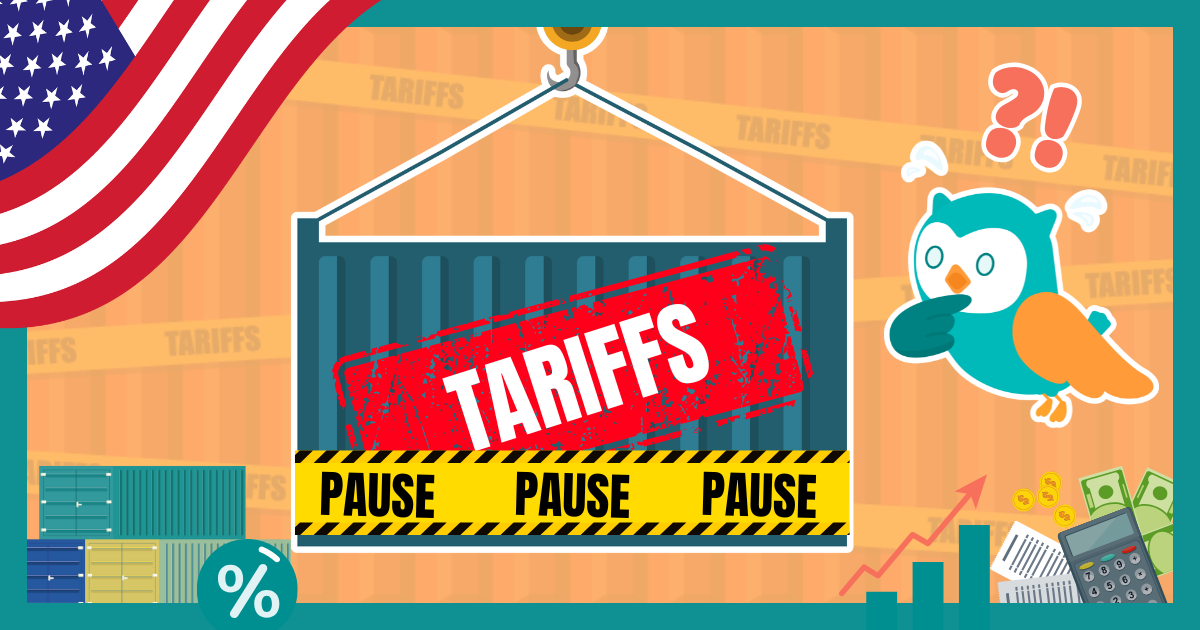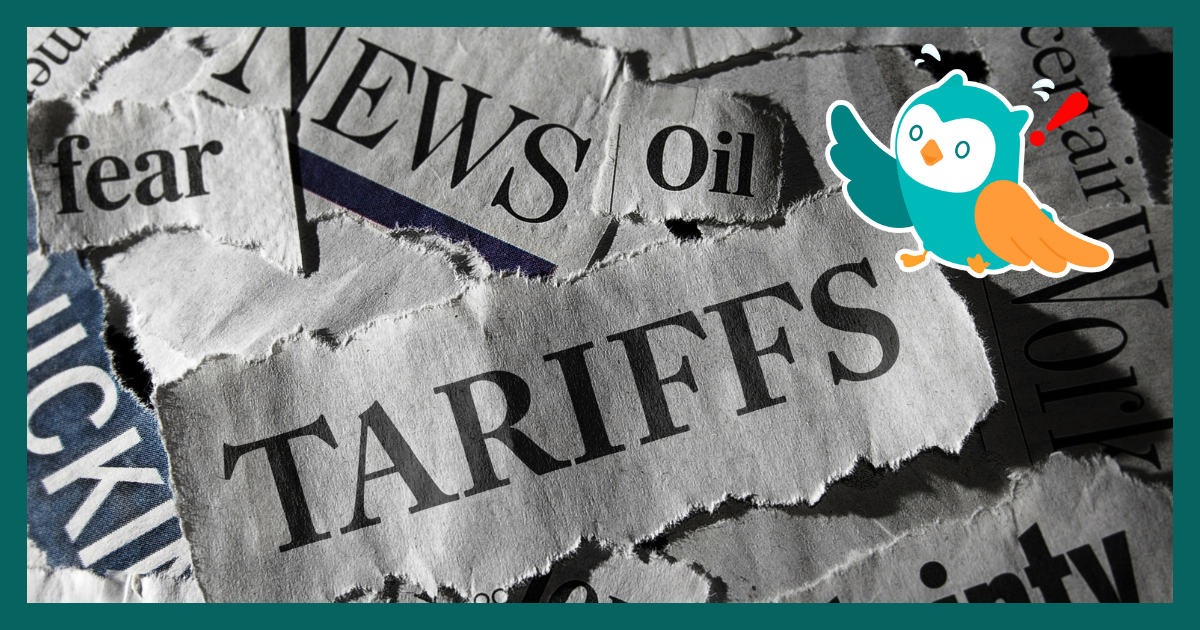Note: It was announced in November 2023 that MoneyOwl will be acquired by Temasek Trust to serve communities under a re-purposed model, and will move away from direct sale of financial products. The article is retained with original information relevant as at the date of the article only, and any mention of products or promotions is retained for reference purposes only.
______________
Learn how to tackle the pertinent issues facing homeowners as they approach retirement.
In the first article of our “Ultimate Guide to Retire Comfortably in Singapore”, we explored the mindset shift that one needs to take as we approach retirement. In this article, we explore the different issues that face homeowners as they approach retirement and how to resolve them.
Thanks to our housing policy, more than 90% of households in Singapore own their property. My own parents bought their first HDB flat in 1980. It was a 4-room flat in Bedok that cost only about $20,000, which they were able to pay through monthly instalments quite easily.
While some families continue to stay in the same flat they’ve lived in for generations, there are many others who upgrade their property and in the process, add on more loans that stretch well into their retirement years. As such, it is not enough to simply have a home to stay in during your golden years – you also want a home that is already fully paid up.
In the course of our work, we often meet with soon-to-be retirees and homeowners who are faced with two dilemmas:
- They have over-extended themselves in their property purchase and are in an asset rich, cash poor situation.
- They have a huge outstanding residential property loan and are not sure if they should pay it off in a lump sum or continue with their monthly loan repayments.
Dilemma 1: Help! I’ve overextended on my property
It is well-known fact that Singaporeans love their property. Even in the midst of the COVID-19 pandemic, condominium launches continue to see record breaking sales. However, the fact remains that you cannot eat your house. One option for homeowners is to unlock the value in your property. You can do so via monetising your property and using the money to supplement your retirement needs.
Monetise by renting out a spare room(s) or whole house
Do you have a spare bedroom or have alternative accommodation arrangements such as staying with your children? If so, renting out the excess space for income is not a bad idea. Renting out excess space rewards you with the extra money to enjoy your retirement. Rental yields can go as high as 7% p.a. for HDB flats, while the average rental yield for private properties is about 3% p.a. Of course, this can vary according to the size and location of your property. The benefits of this option include keeping your property, receiving rental income and continuing to participate in the appreciation of your property value.
Monetise by down-sizing
What if you do not wish to share your property with others? Or perhaps you find that the current house is now too big to upkeep as your children or family members have moved out?
In such cases, perhaps downsizing or right-sizing is a consideration. This option allows you to own the entire unit, albeit a smaller one, but with extra money from the exercise. One affordable option is the 2-room flexi unit from HDB, which allows you to select how long a lease you need. The shorter the lease, the lower the property price. Seniors who are aged 55 and above can take up a lease of between 15 and 45 years as long as it covers them to ages 95 or more.
According to the HDB website, as of April 2021, such flats are priced around $50,000 to $75,000 in a non-matured estate for a 40-year lease. These flats are getting quite popular in recent years and HDB has been ramping up supply of such units to meet demand. Besides receiving extra money from downsizing, you could also save on running cost from lower conservancy charges, property tax and lower upkeep of a smaller unit.
Monetise through the Lease Buyback Scheme (LBS)
What if you prefer to age in place because you love the neighbourhood or you just cannot accept the idea of renting out your rooms?
In that case, there is the Lease Buyback Scheme (LBS). Under this scheme, you are essentially selling the tail-end lease of your flat back to the HDB for money. In this way, the lease of your flat is now shortened. There are conditions on the sales proceeds, which requires one to use the money to first do a top-up into your CPF Retirement Account (RA). After which, any remaining balance would then be available for cash spending.
The whole idea of the top-up is for you to join CPF LIFE, which will provide a stream of income for your retirement. Perhaps the following example from the HDB website can help us understand how the LBS works.

In this example, Mr and Mrs Lim, both aged 65, own a fully paid 5-room flat, valued at $520,000 with a remaining lease of 65 years. Their CPF Retirement Account balances stand at $20,000 and $5,000 respectively. With such low CPF savings, their combined CPF LIFE payout (assuming Standard plan) is about $160 monthly. If this is the only retirement income stream they have, this is insufficient for their retirement needs.
If Mr and Mrs Lim were to participate in LBS, this is how it would work:
- Sell off 35 years of their flat’s lease to HDB for $219,300.
- Sales proceeds are first used to top-up their respective CPF RA up to the current age-adjusted Basic Retirement Sum of $93,000.
- $161,000 is required to do the top up: ($93,000 – $20,000 + $93,000 – $5,000)
- Net proceeds left after CPF top-up is $58,300 ($219,300 – $161,000)
- Receive a $7,500 LBS Cash Bonus, since the CPF top up is more than $60,000.
- Enjoy a combined CPF LIFE payout of $1,090 per month for life.
Benefits of LBS
The couple can now enjoy a lump sum cash payout of $65,800 and a monthly income stream from CPF LIFE of $1,090. Not bad considering that before this, the couple would only receive about $160 monthly from their CPF LIFE.
The key drawback of LBS is that once in the scheme, you are not allowed to sell the flat in the open market or rent out the entire flat. In other words, you are not able to participate in the potential appreciation of the property value.
If you are fortunate to outlive the lease period, i.e. beyond age 95, HDB assures you that in such a situation, you will not be left without a home. HDB will review your circumstances on a case-by-case basis, taking in factors such as family support, health conditions and financial status and work out an appropriate housing arrangement with you.
Dilemma 2: Help! I still have an outstanding property loan
The decision of whether to pay off the loan or continue with the monthly instalments is very much an emotional decision as it is a financial one. Assuming you have not overextended yourself, making a lump sum repayment gives you the benefit of becoming debt-free and can have a positive psychological effect on retirees.
However, if you are not too concerned about keeping your debt, given the low-interest environment we are in (~1.5% p.a. on the mortgage loans) and the higher returns that your cash or CPF savings can give you (up to 4% p.a. in the Special Account), it could be worth paying down your loan gradually and continuing to earn the difference in returns. In this scenario, as part of your retirement planning, you will need to factor in loan repayment as part of your monthly expenses. The other perspective, albeit a morbid one, is that in the event of death or permanent disability, your mortgage insurance would pay off your loan.
In the next article, we will cover how you can build a steady stream of income to cover your expenses after you have stopped working.
For a holistic, unbiased review of your financial portfolio, speak to a friendly MoneyOwl adviser today.
READ NEXT: How to build a monthly retirement income (Part 1)
This article was first published in May 2021 and updated in August 2021.This article is part of a bigger series “The Ultimate Guide To Retire Comfortably In Singapore” – click here to view all the articles in the series.




